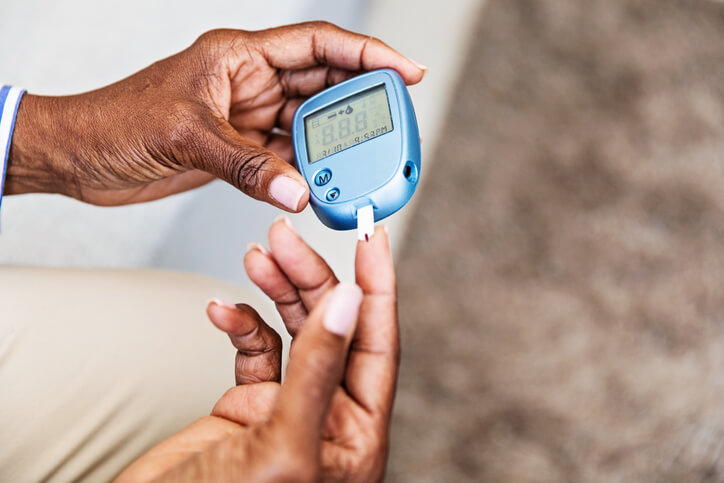How Does Gestational Diabetes Affect the Baby?

Diabetes is a condition where your body’s cells don’t use glucose (sugar) properly. When your doctor diagnoses it in you for the first time while you’re pregnant, it’s called gestational diabetes.
Most women who develop gestational diabetes and take steps to manage it have normal pregnancies. But if you don’t treat the condition, it can have adverse effects on your baby.
Effects of Gestational Diabetes on Babies
Gestational diabetes typically doesn’t cause noticeable symptoms. Common symptoms are increased thirst and more frequent urination, which are easy to dismiss because you’re pregnant.
Consequently, if you’re considering getting pregnant, visiting your doctor is a good idea. They can assess your gestational diabetes risk and be prepared to address it when you become pregnant. That way, you protect your baby from the effects of gestational diabetes, which can include:
Increased birth weight
High blood sugar can cause a baby to grow to nine pounds or more. That size makes a baby more likely to become stuck in the birth canal. If they do, they can suffer injuries. You may also have to give birth via C-section.
Preterm birth
If your blood sugar is high throughout your pregnancy, it increases the risk of delivering your baby before your due date. Your doctor may also decide to have you deliver early because of concerns about the baby’s size. Neither of those scenarios is ideal. It’s best to carry your baby to term.
Hypoglycemia
This condition is often referred to as low blood sugar. Severe episodes can cause your baby to have seizures. Your care team can address hypoglycemia by having you feed your baby promptly after giving birth or administering intravenous glucose. But it’s best if your baby never develops the condition.
Respiratory distress syndrome
Babies that are born early may have trouble breathing. This condition occurs because the baby’s lungs aren’t fully developed. It can require medication, oxygen therapy, and breathing support.
Obesity and type 2 diabetes
There are also long-term effects of gestational diabetes on children. Specifically, it increases the risk of a child being obese later in life. It can also increase the likelihood that they will develop type 2 diabetes. Type 2 diabetes is a condition in which the body either doesn’t produce enough insulin or its cells don’t respond appropriately to insulin.
Get Details on Diabetes Care at Baptist Health
According to the Centers for Disease Control and Prevention, gestational diabetes affects 2% to 10% of pregnancies. Fortunately, your doctor can identify and help you manage the condition so you have a normal pregnancy.
Learn more about diabetes care at Baptist Health.



